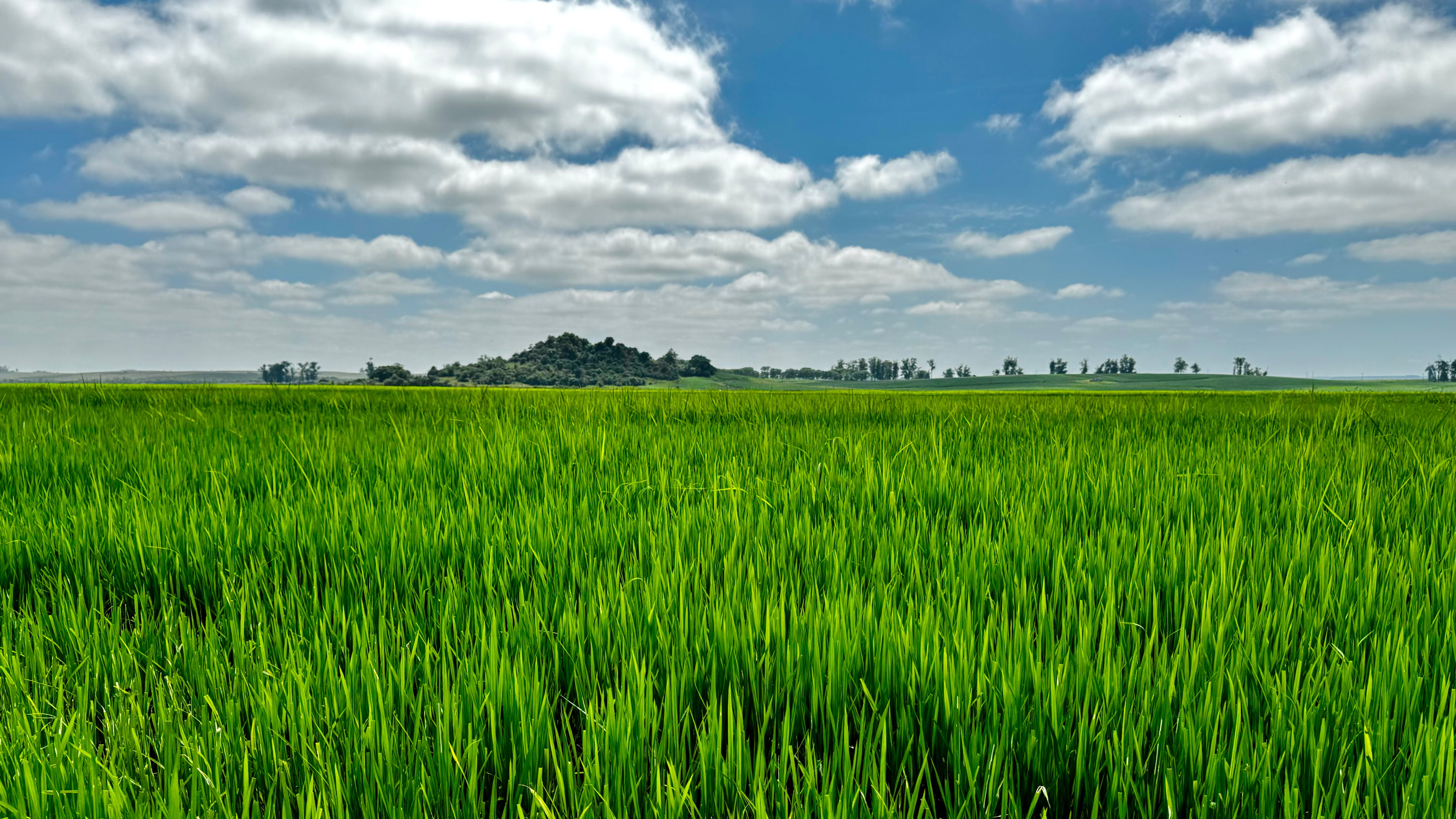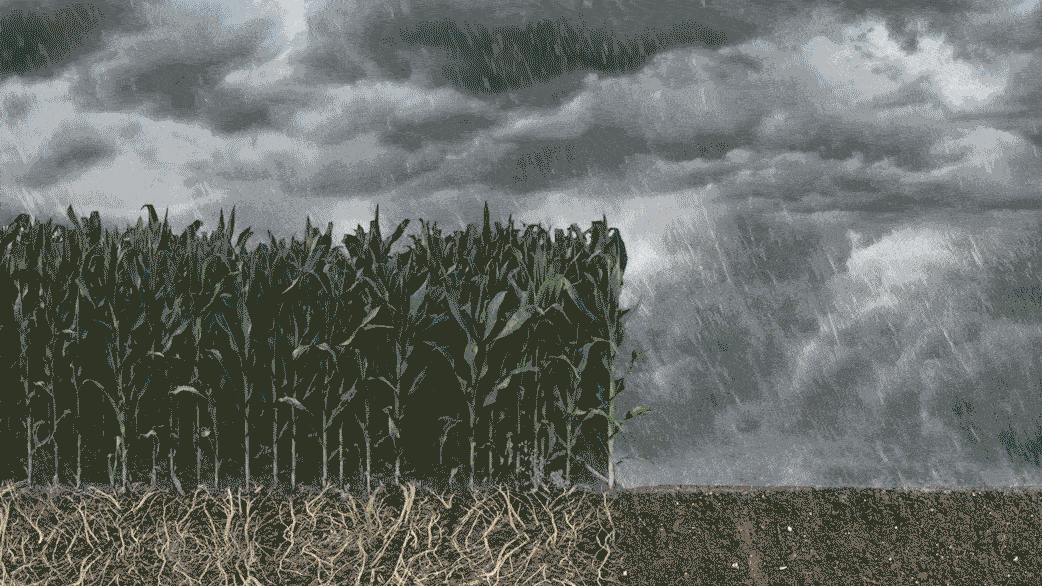Landsat 8 / LDCM Stories

NASA Data Reveals Role of Green Spaces in Cooling Cities
5 min read
As any urban dweller who has lived through a heat wave knows, a shady tree can make all the difference. But what happens when there’s no shade available? A recent study in Nature Communications used NASA satellite data to identify…
Article2 weeks ago

NASA Open Science Initiative Expands OpenET Across Amazon Basin
2 min read
The research teams who help sustain the largest freshwater reserve in the world are developing a new tool to promote more resilient farming systems in Brazil. The goal is to help farmers better handle changes in the water cycle, deal…
Article8 months ago

Evapotranspiration: Watching Over Water Use
3 min read
As soil and other surfaces dry, water is transferred into the air as water vapor. That is evaporation. Plants actively release water, moving it out of their leaves and stems and into the drier air. That is transpiration. Combine the…
Article3 years ago
